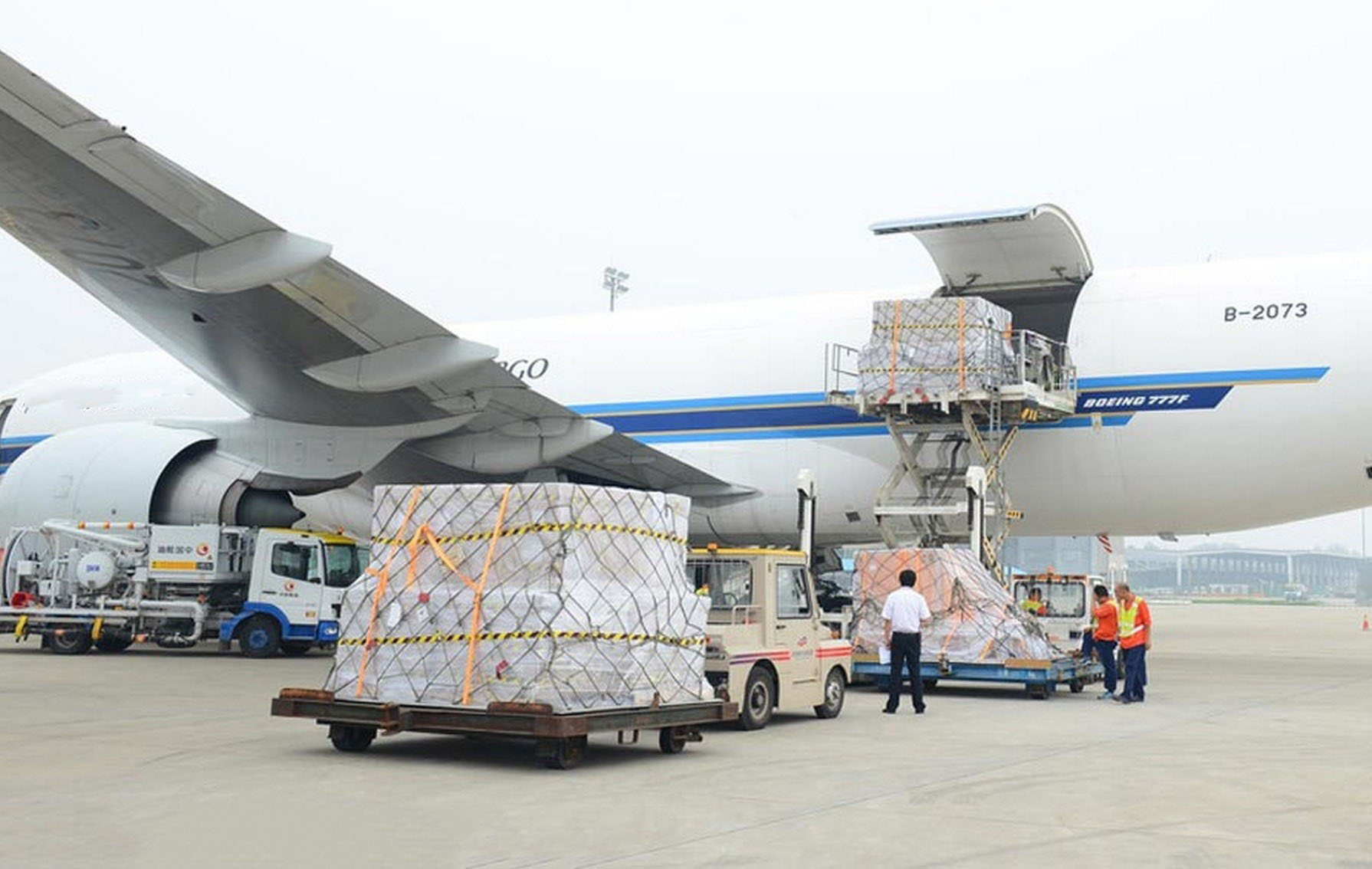
When passengers are on a transit flight at international airports, baggage and cargo handling play a crucial role in their journey. Airports are not just temporary stops but serve as hubs connecting flights, ensuring that baggage and cargo are transferred safely and efficiently. The baggage and cargo services at airports during transit flights help passengers save time, reduce stress, and maintain convenience throughout their travel.
1. Baggage Handling Process on Transit Flights
For passengers on transit flights, their baggage is typically handled differently than on direct flights. First, when checking in at the departure airport, their baggage will be tagged with a label containing information about the final destination, even if the passenger has to change flights at an intermediate airport.

At major airports, services ensure that passengers' baggage is transferred from the first flight to the next one without the passengers needing to pick it up. However, if passengers need to go through customs or switch to a different airline, they may be required to collect their baggage and recheck it before continuing their journey. Major international airports like Dubai, Singapore Changi, or Frankfurt have automated baggage handling systems that help reduce waiting times and ensure that baggage is transferred accurately.
2. Cargo Handling Services

Not only personal baggage, but cargo is also a significant part of international flights, especially on transit flights. Airports offer specialized cargo handling services to facilitate the transfer of goods between flights. Items like food, clothing, or commercial products are carefully handled during the transit process.
Professional cargo handling services ensure that goods reach their destination on time and without loss. Airport cargo services also include tracking systems that allow passengers and service providers to monitor the status of their cargo, even while it's in transit.
3. Baggage Delivery Services

Many airports offer a baggage delivery service, where passengers' luggage can be sent directly to their hotel or final destination, saving time and effort. This service is particularly convenient for passengers on long journeys or those traveling to a different city after their transit flight. Passengers do not need to worry about collecting their baggage at the intermediate airport and can continue their journey without the hassle of carrying bulky luggage.
4. Benefits of Baggage and Cargo Services

Baggage and cargo handling services not only save passengers time but also reduce the hassle throughout the transit process. Modern airports are equipped with efficient and advanced baggage management systems that minimize errors in baggage transfer. Furthermore, these services create a convenient experience, alleviating stress for passengers, especially when they have to switch between multiple flights and airports.
5. Challenges and Solutions

Although baggage and cargo handling services at airports have become quite convenient, there are still challenges such as delays, lost baggage, or issues related to customs procedures. However, major airports and airlines have developed solutions to address these problems, including better staff training, enhanced information systems, and closer collaboration with logistics partners to ensure that baggage and cargo are handled quickly and securely.

Baggage and cargo handling services at airports during transit flights play an essential role in creating a smooth and convenient travel experience for passengers. When traveling through intermediate airports, passengers can rest assured that their baggage and cargo will be handled promptly, safely, and efficiently, making their journey much easier. These services not only support individual passengers but also contribute to the growth of the international cargo transport industry.